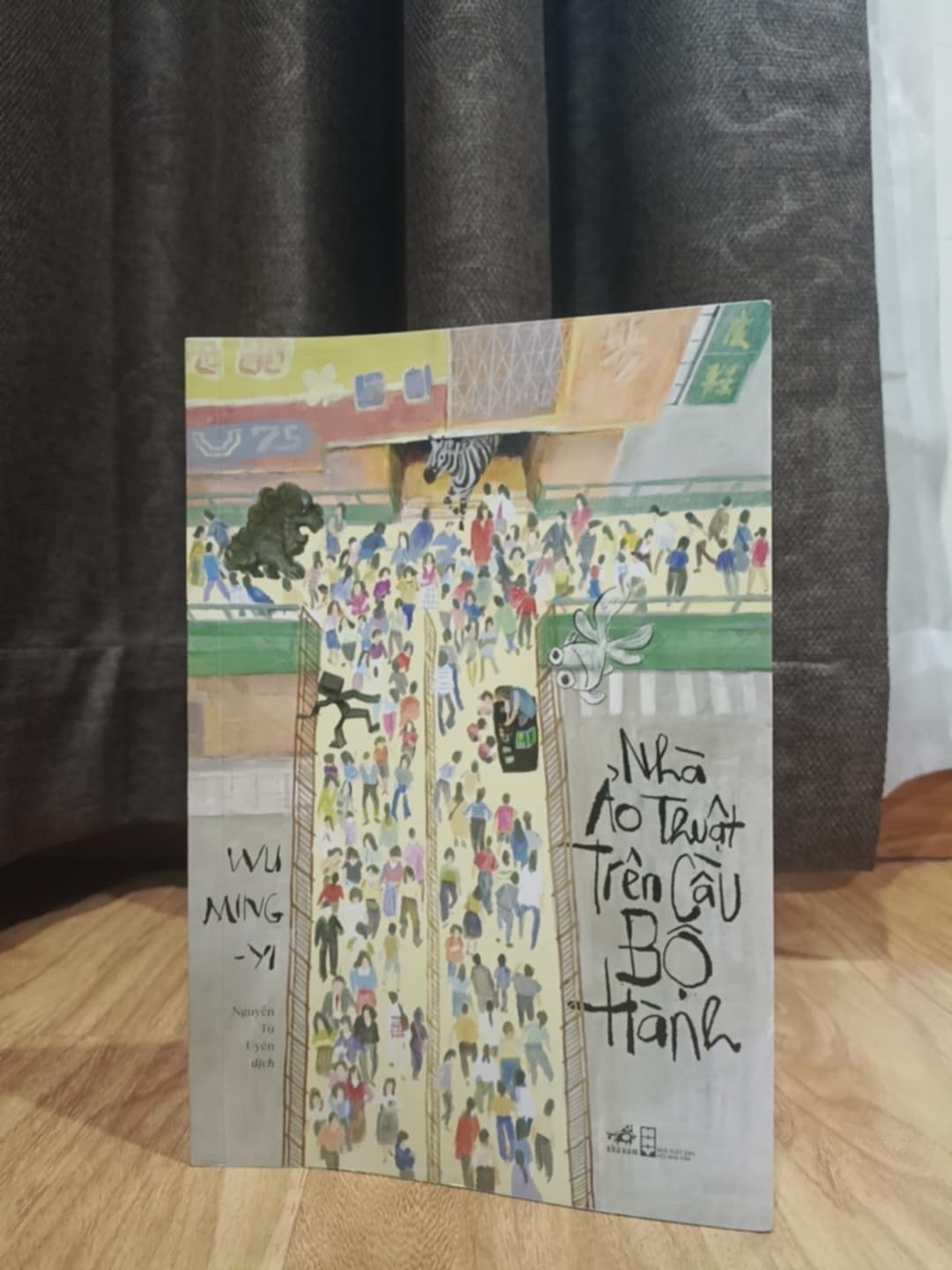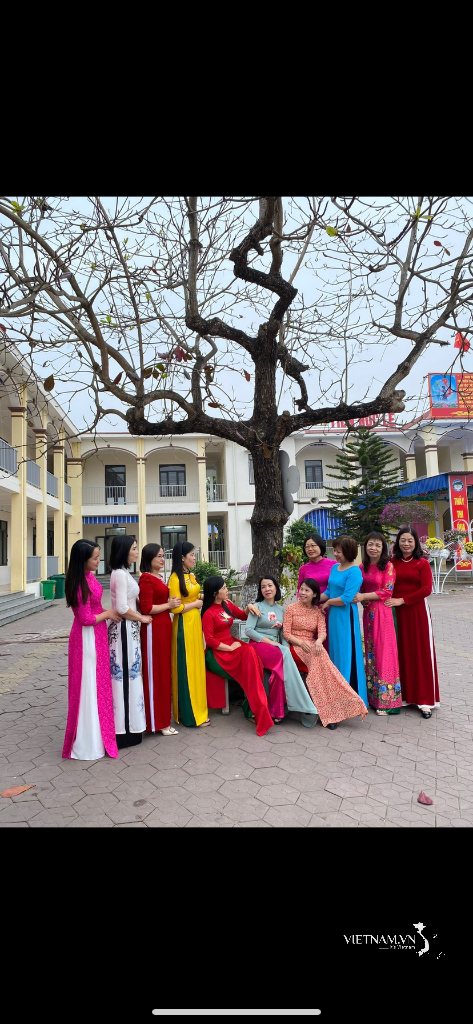Markets are the source of the fantastical. In Gabriel García Márquez's *One Hundred Years of Solitude* , the markets in the village of Macondo are always bizarre, colorful, and crazy, described by the author as a place where one can find "everything that the imagination can conceive (...). It is a carnival of strange things beyond comprehension that one only sees once in a lifetime." Wu Ming-yi's short story collection *The Magician on the Pedestrian Bridge *—the first Taiwanese writer to be nominated for the prestigious International Booker Prize—begins with a quote from Márquez, and perhaps the spirit of a bizarre folk market also stems from Márquez.
Enchanting alleyways
However, the market in Macondo village sold bizarre things: flying carpets, magnets promising to extract gold, and armor of Crusader knights; while Wu Ming-yi's market, at first glance, consisted only of very ordinary, very realistic shops: noodle shops, dumpling shops, Western-style clothing stores, children's clothing stores, eyewear shops, eulogy writing services, fortune-telling shops, general stores… But when reality began to constantly clash, the fantastic began to seep out.

Book cover of "The Magician on the Pedestrian Bridge" (translated by Nguyen Tu Uyen; published by Nha Nam and the Vietnam Writers Association Publishing House, 2024)
Each short story in the work leads us through the market via a different winding alley. While the setting remains the same market, the characters of one story occasionally cross paths with those of another – like city dwellers constantly jostling and pushing each other in the market space, which is both cramped and seemingly endless. Fragments of each person's memories of the market are pieced together into a shared dream, a collective nostalgia for the childhood market that was demolished during the city's reconstruction. This is an effort in contrast to Márquez's characters. Márquez's characters leave to establish a village for the future. Wu Ming-yi's characters return to establish a village in memory.
The magical realism in this collection of short stories by Wu Ming-yi is not "outward-looking," not venturing into vast and expansive spaces like in *One Hundred Years of Solitude* (with flying figures, flower rain, and widespread insomnia), but rather often confines itself to narrow spaces, such as a toilet, a birdcage, an elephant costume, a goldfish tank, a 3D model, or the ceiling of a tailor shop…
For example, in the story "The 99th Floor ," a boy suddenly disappears. Later, his friends ask him where he actually went. He says he didn't go anywhere, he just went into a women's restroom, where children used to doodle an imaginary elevator control panel, pressed the 99th floor, and ended up actually on the 99th floor. The 99th floor is exactly like the 1st floor, only he has become invisible to others. Wu Ming-yi places a life/death switch in everyday scenes, placing the riddles of reality in the places or objects we frequent or touch every day. Their primary function remains unchanged, but occasionally, they suddenly "act up" and prevent us from seeing the world as it truly is.
The Curse of Magic
All the short stories in this collection intersect at least in two ways: one - a common setting in the market, and two - the lingering presence of a magician on a pedestrian bridge.
Furthermore, One Hundred Years of Solitude also features a crucial character, almost like a magician: Melquíades, a peculiar gypsy. Melquíades not only sells bizarre items to the people of Macondo, but he also holds the prophecy of the village's downfall. In comparison to Márquez's novel, the unnamed magician is also a kind of reinterpretation of Melquíades.
Each time he enters a story, we see him demonstrating his ability to transform one thing into another, resurrecting a dead bird, turning a painting of a fish into a real fish, hiding a zebra in a public restroom. He bends dream and reality. It's as if he takes something out of a dream, then takes other things and puts them back into a dream. But right from the opening story, the magician tells the narrator that he only transforms mental images into the visible – a practice that reminds us of artists – and that "all your magic tricks are fake."
It's an illusion, yet everyone wants to believe it. And among the many who believe, many die. Their deaths aren't due to contact with the supernatural; in fact, they often die long after experiencing it. But perhaps, once you've witnessed the supernatural, it's difficult to pretend that reality can answer your deepest questions? Despite warnings that miracles are an illusion, the supernatural is often irresistibly alluring. Even knowing that the supernatural isn't easily lost, isn't reality more enduring?
Source: https://thanhnien.vn/wu-ming-yi-va-tram-nga-huyen-ao-185241115185837846.htm



![[Photo] Prime Minister Pham Minh Chinh attends the Conference on the Implementation of Tasks for 2026 of the Industry and Trade Sector](/_next/image?url=https%3A%2F%2Fvphoto.vietnam.vn%2Fthumb%2F1200x675%2Fvietnam%2Fresource%2FIMAGE%2F2025%2F12%2F19%2F1766159500458_ndo_br_shared31-jpg.webp&w=3840&q=75)


































































































Comment (0)